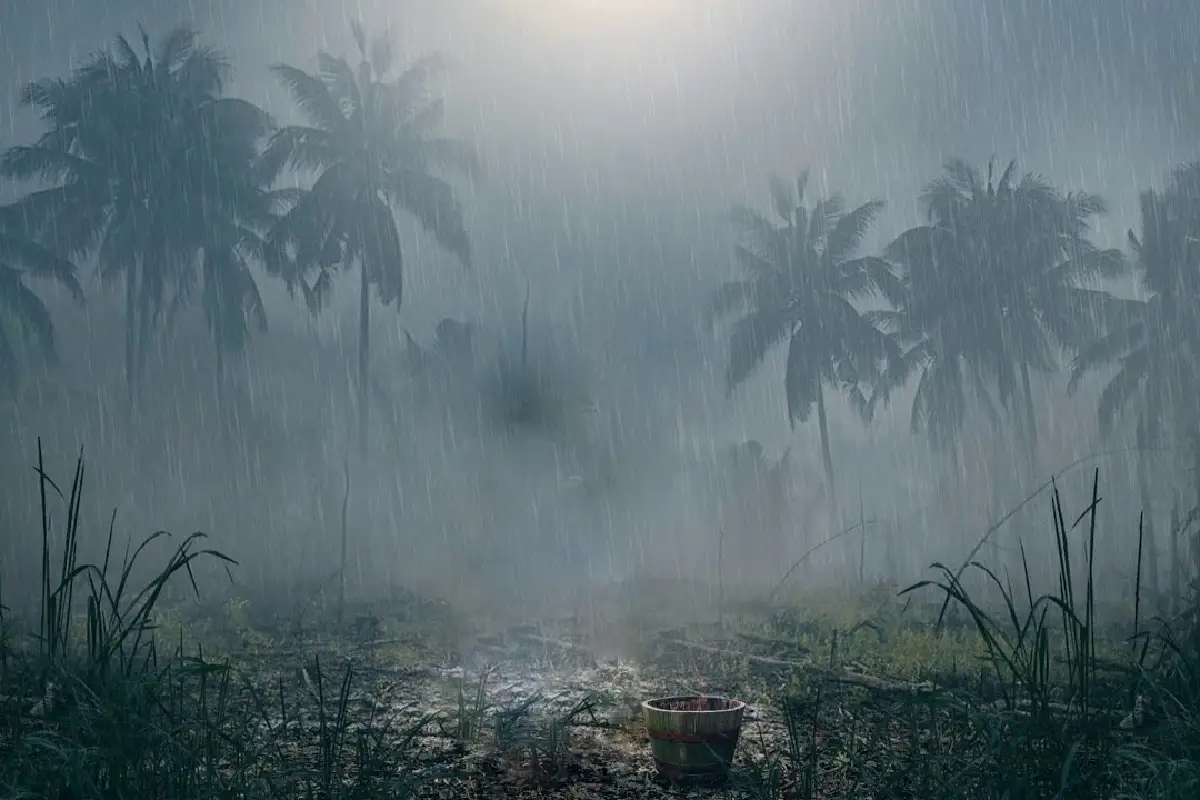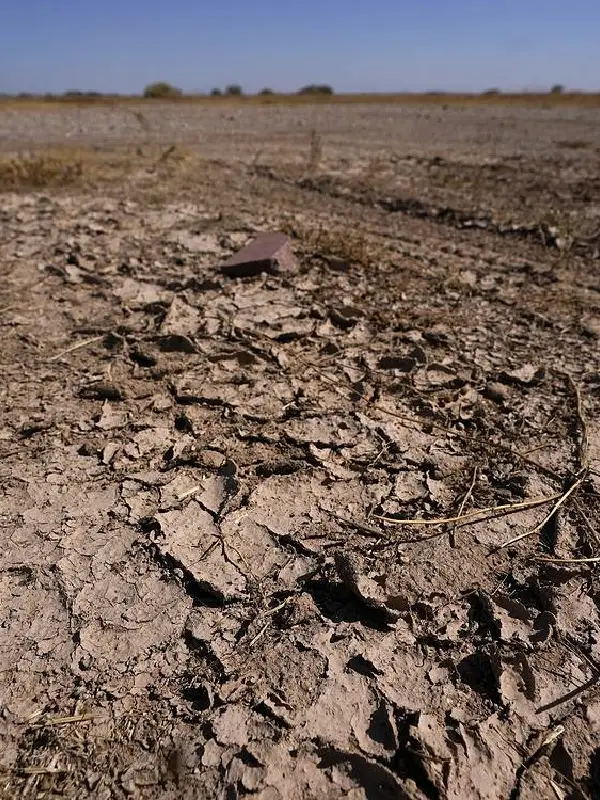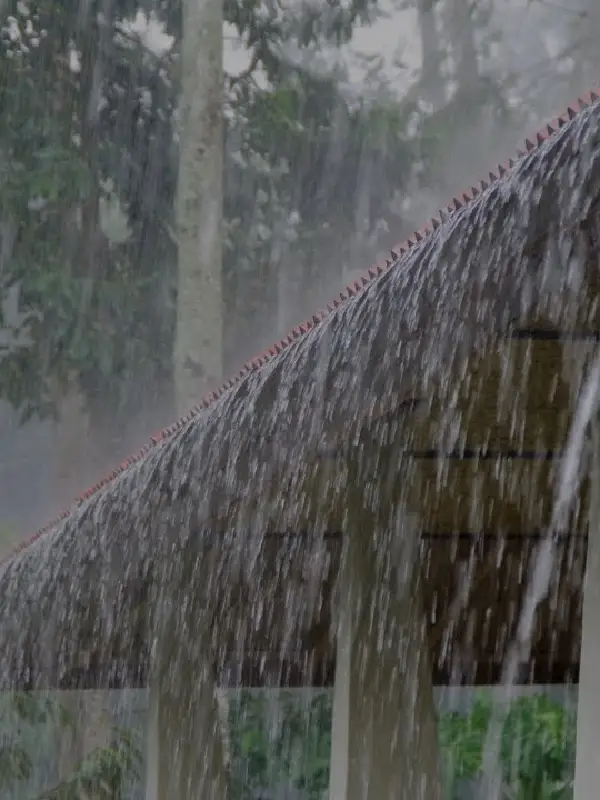
1. Causes of Erratic Rainfall and Droughts
a. Climate Change:
- Global warming has altered the Indian Ocean’s climate systems, such as the Inter-Tropical Convergence Zone (ITCZ) and the Indian Ocean Dipole (IOD).
- Higher temperatures cause evaporation and shifting rainfall seasons, leading to unpredictability.
b. Deforestation and Land Degradation:
- Deforestation for agriculture and charcoal has reduced forest cover, impacting local microclimates and water cycles.
- Soil degradation also reduces water retention capacity.
c. Urbanization and Infrastructure Development:
- Expansion of roads and buildings changes drainage patterns, which can intensify localized droughts and flooding.
2. Impacts of Erratic Rainfall and Droughts
a. Agricultural Disruption:
- Delayed or short rains affect crop cycles (e.g., rice, cassava, bananas).
- Livestock suffers due to poor pasture and water shortages.
b. Water Scarcity:
- Many rural communities rely on rain-fed water sources or shallow wells, which dry up during prolonged droughts.
- Coastal aquifers face saline intrusion, worsening water quality.
c. Health Issues:
- Reduced water supply can lead to poor hygiene and waterborne diseases.
- Malnutrition may rise due to food insecurity.
d. Economic Impacts:
- Zanzibar's economy, heavily reliant on agriculture, fisheries, and tourism, faces threats from climate unpredictability.
- Lower agricultural yields and higher food prices strain households.


3. Responses and Adaptation Strategies
a. Government and Policy Initiatives:
- Zanzibar Climate Change Strategy promotes sustainable land and water management.
- Integration of climate risks into development planning.
b. Community-Based Adaptation:
- Water harvesting techniques like rooftop tanks and sand dams.
- Promotion of drought-resistant crops and early-warning systems.
c. International Support and Research:
- Collaboration with UNDP, FAO, and NGOs on climate resilience programs.
- Use of satellite data for better rainfall prediction and agricultural planning.
4. Future Outlook
- If current trends continue, rainfall in Zanzibar may become even more irregular, with longer dry spells and intense, short rains.
- Investments in climate-smart agriculture, reforestation, and resilient water infrastructure are essential for long-term adaptation.